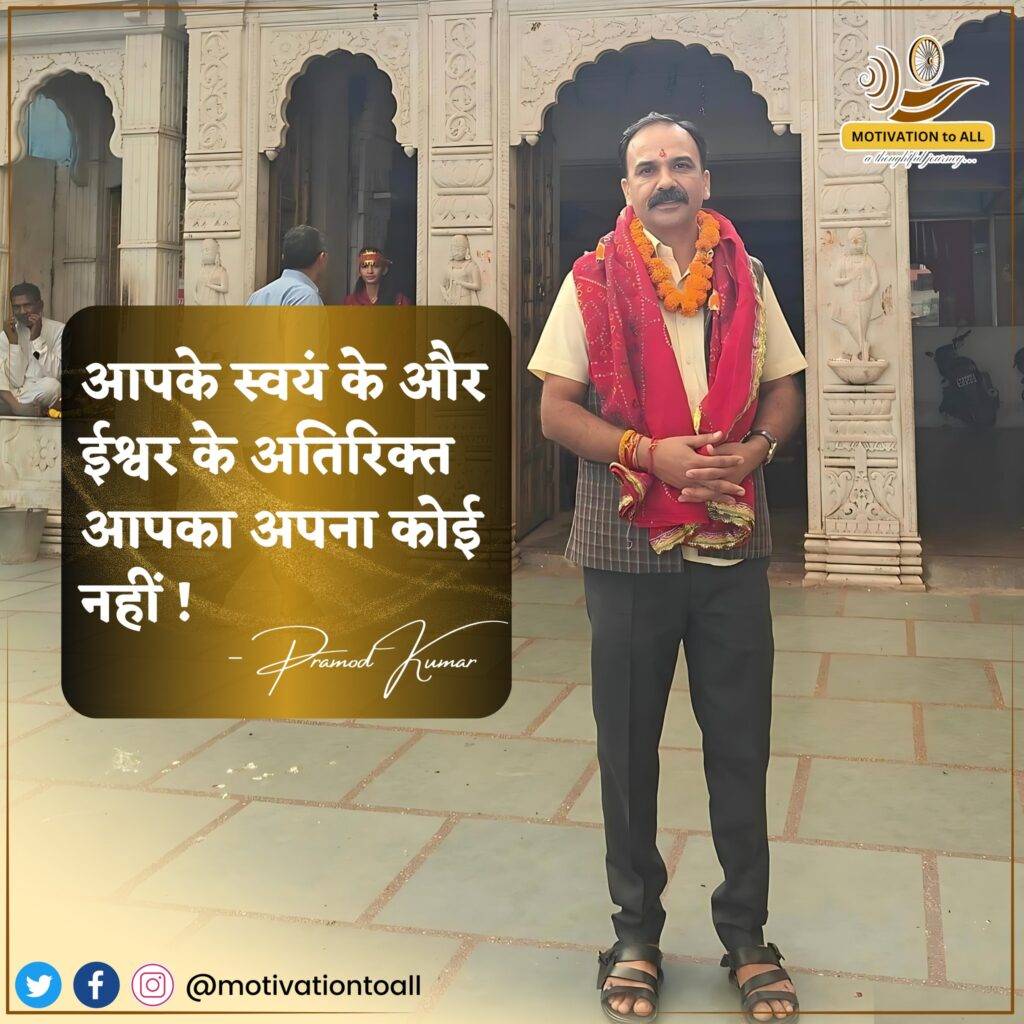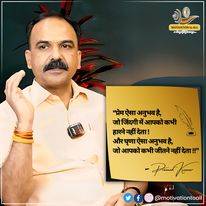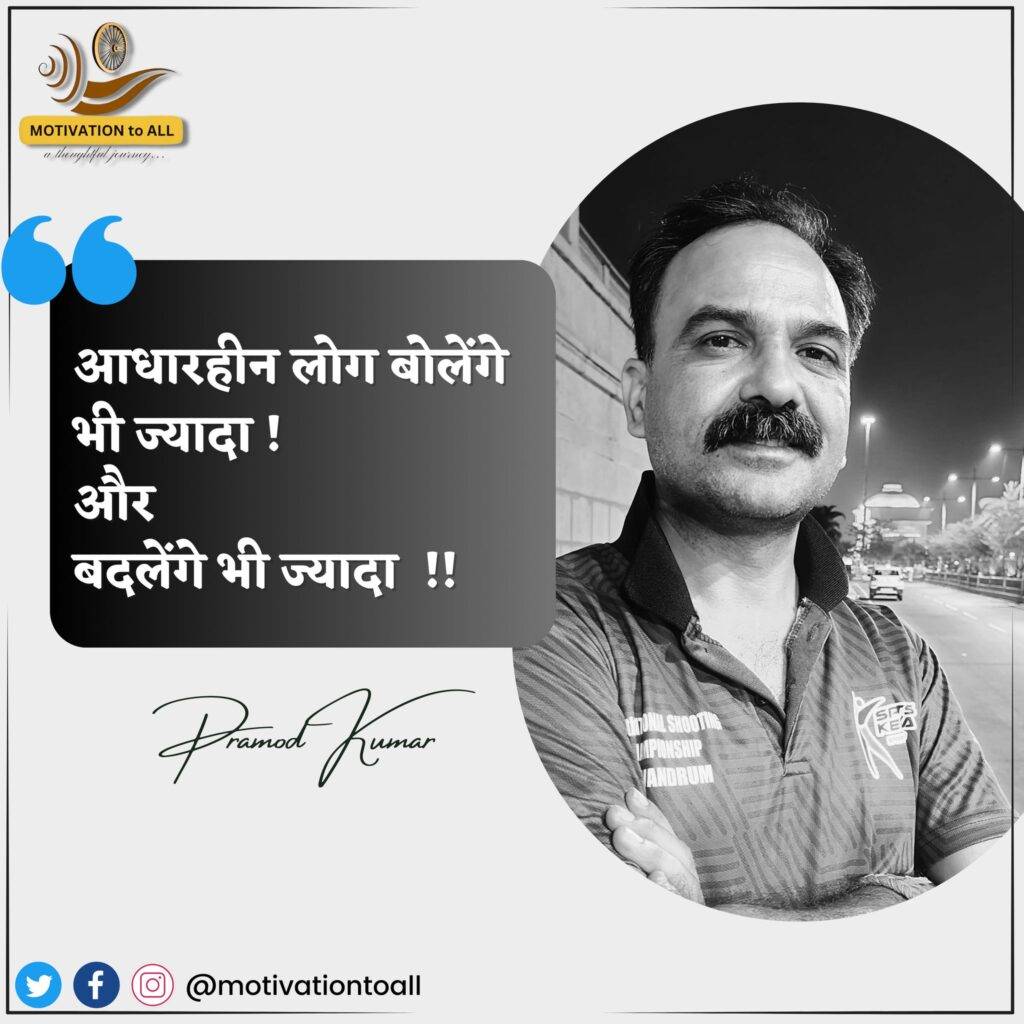
Thoughts multiply like wildfire in our mind and overthinking generally turns out to be our greatest enemy. Our small worries develop into enormous anxieties leaving us with no clarity, no peace, and no sleep.
These negativities make our mind home of negative thoughts which can be about ourselves, others, and our future. These together lead to cloud judgment and give birth to inner turmoil.
However, this state of mind is not a modern problem of humans but goes thousands of years ago.
As we find in the Bhagvad Geeta:
In the battlefield of Kurukshetra, Arjuna stood confused, overpowered by doubt, fear, and spiraling thoughts, where Krishna did not provide him a sword or a plan, but endows him with wisdom.
We must know that। the Bhagavad Gita which is a conversation between Krishna and Arjuna, is not just a spiritual text, but a psychological teacher teaching us how to manage the mind. Look how the Gita can help us command our overthinking and negative thoughts in day today life.
We have to accept that the Mind Is Naturally Restless. As Arjuna confesses:
“The mind is restless, turbulent, strong and obstinate. Controlling it is like trying to control the wind.”
The fact is that overthinking stems from a mind that wants to predict, control, and fix everything. Krishna doesn’t dismiss Arjuna’s struggle. He acknowledges the difficulty but assures him that with practice (abhyasa) and detachment (vairagya), the mind can be trained.
(Bhagavad Gita, Chapter -6, Verse-34)
Don’t be harsh on ourself for overthinking. The mind is a muscle and we can train it with consistent effort. We have to practice ‘Detachment’.
We must note down here that one of the most misunderstood teachings of the Gita is the idea of detachment.
It does not mean giving up or becoming cold. Krishna teaches us to stay committed to action, but to detach from the results.
Overthinking often arises when we obsess over outcomes: Here what is the reference from Bhagvad Gita?
“You have the right to perform your duty, but not to the fruits of your actions.”
( Bhagavad Gita, Chapter -2, Verse-47)
We need to focus on the Present Moment i.e.Karma Yoga. As we find in the Bhagvad Gita, Krishna repeatedly emphasizes
Karma Yoga, which is
the path of selfless action. This is not about working without reward, it is about putting full attention into the task at hand.
Overthinking thrives in mental idleness or while multitasking. But when we are fully involved with a solo task, the mind has no space to wander.
We have rise above the “Likes and Dislikes” of the mind. This lesson originates from the
Chapter- 2 and Verse-38 of the Bhagvad Gita. Krishna tells Arjuna:
“Treat pleasure and pain, gain and loss, victory and defeat as the same.”
Negative thoughts often come from the mind’s habit of labeling right or wrong, success or failure. These emotional ups and downs fuel overthinking.
Krishna tutors us to rise above duality and to develop a steady inner state, not swayed by every emotion or outcome.
Now finally comes the lesson of ‘Meditation’. This is the Bhagvad Gita’s Mental Reset Button
Krishna emphasizes the power of
Dhyana Yoga (meditation)
as a tool to discipline the mind.
“One must elevate, not degrade, the self by the self. The mind is both friend and enemy of the soul.”(Bhagvad Gita, Chapter-6, Verse-5).
Meditation is the power that helps us to create space between we and our thoughts. That space gives us the power to respond rather than react, to observe rather than obsess.
What we need to conceive is that our mind is not our enemy. In actuality, it is a powerful tool. However, like any tool, it needs awareness, practice, and perspective to use wisely.
Therefore the next time our thoughts spiral out of control, remember:
We are not alone. Even warriors like Arjuna faced it.
And within us lies the same stillness Krishna speaks of.
The Bhagvad Gita teaches us that the mind is naturally restless, and may well be trained through practice (abhyasa) and detachment (vairagya).
These teachings endow us with deep insight into self-mastery, letting go of fear, and finding peace by means of purpose-driven action.
लेखक: प्रमोद कुमार
भाव मार्गी
📞 +91-9999971472
✉️ info.srro@gmail.com







 i
i